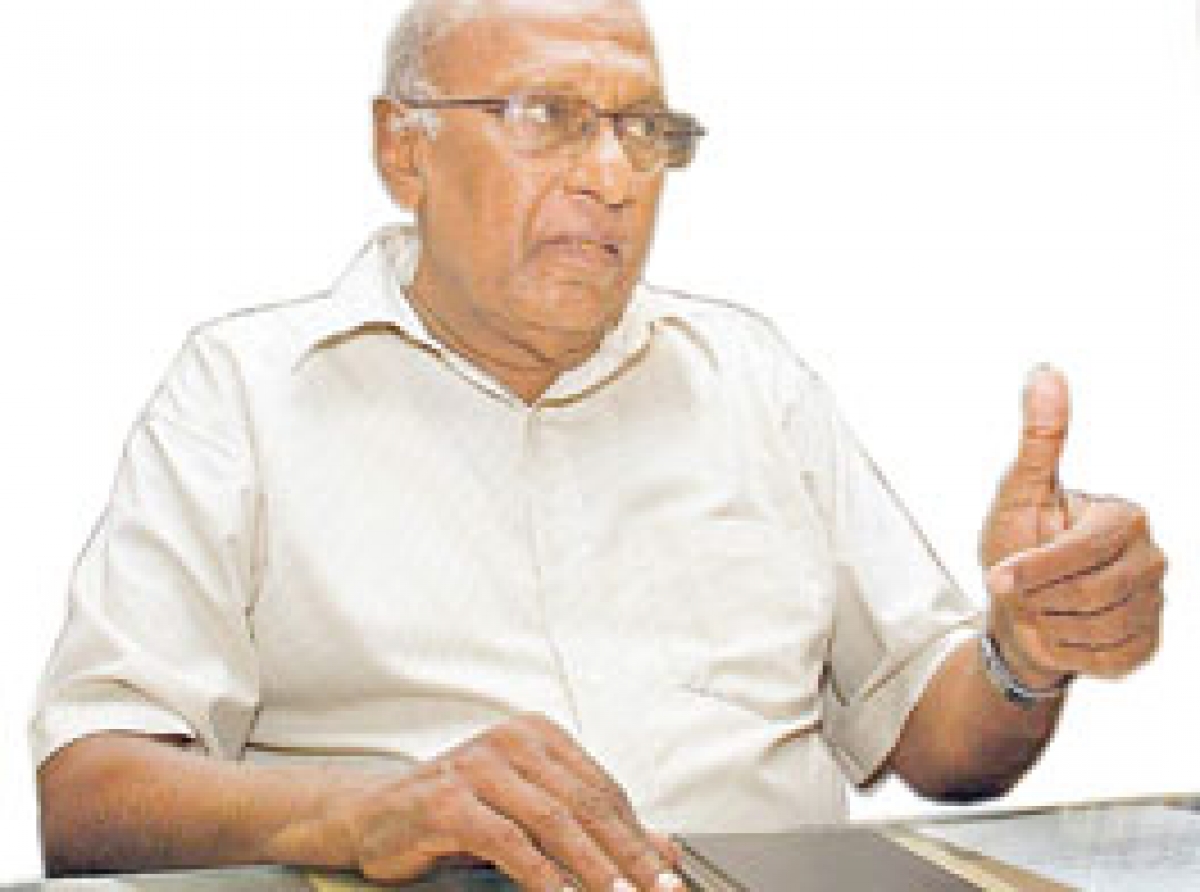සේවක නිල නියෝජිතගේ දෙසුම – ලෙස්ලි දේවේන්ද්ර

At the outset, please allow me to make a few comments regarding the present political and economic situation in our country.
Since the end of the civil war in 2009, which not only took the lives of thousands of our people, many of them innocent civilians, but also caused severe damage to our economy, the country has been able to make strides towards economic development, particularly in the area of infrastructure.
According to the Central Bank of Sri Lanka’s annual report for 2011, the economy grew by 8.3 per cent in 2011 – the highest growth recorded in post-independence history – generating a growth momentum of over 8 per cent in two consecutive years and achieving a per capita GDP of US$2,836. Inflation remained at single-digit levels for the third consecutive year, while unemployment declined to 4.2 per cent, the lowest level recorded. Migrant workers’ remittances reached US$5.1 billion and foreign direct investment exceeded US$1 billion for the first time.
Although the above economic indicators attempt to present a rosy picture of the state of affairs of the country, the actual living standards of the majority of the ordinary people have witnessed a steady de-cline. Wage increases granted by the Government to state sector employees and those obtained through the tripartite machinery available to the private sec-tor have in no way matched the steep rise in the cost of living. In April this year, further to a substantial increase in the electricity tariffs announced by the Government, some trade unions called for a general strike in the whole country. The strike was unsuccessful due to several factors, which included the whole politicization of the issue and the unusual support given to the strike call by a large number of foreign-funded NGOs. However, the fact remains that the results of the economic development have failed to trickle down to ordinary people, which has resulted in a widening of the gap between rich and poor.
Hence, we call upon the Government of Sri Lanka to give immediate attention to adopting measures for a more equitable distribution of wealth to the vast majority who constitute the working people of our country.
The general discussion on this year’s agenda on sustainable development, decent work and green jobs is of particular interest to us. The emergence of Asia as an economic giant in the twenty-first century brings with it many issues concerning sustain-ability and the consequent effects on the environment. As Worker representatives we are very concerned about reaching developmental targets, while giving new attention to questions of sustainability. We firmly believe that sustainable development, decent work and green jobs are firmly interlinked and therefore we should take a holistic attitude towards addressing these issues. Some development agencies and donor countries who are promoting green jobs in developing countries do not see a link between green jobs and decent jobs. We are totally opposed to this line of thinking and we believe that green jobs should also be decent jobs.
This brings us to the issue of fundamental principles and rights at work, which forms one of the four pillars of the Decent Work concept. Although Sri Lanka has ratified all the relevant Conventions, the implementation process has been rather slow. This is illustrated by the fact that, 13 years after the local labour law was brought into line with the Conventions, only a handful of employers have been prosecuted by the State for violations of the right to exercise freedom of association. Although unions have continuously campaigned for a more proactive role by the authorities, the Government machinery has been moving at a slow pace.
Another issue of serious concern to trade unions are the methods adopted by some unscrupulous employers resulting in the rapid increase in precarious forms of work including labour subcontracting, which, under current labour law, is not illegal. Since the Employment Relationship Recommendation, 2006 (No. 198), was adopted in 2007, we have campaigned for national legislation banning the practice of labour subcontracting, which forms an integral part of the business of the enterprise. Al-though tripartite agreement was reached several years back, the Government has failed in its duty to bring the legislation before Parliament. I therefore take this opportunity to call upon the Government of Sri Lanka to act immediately on this contentious issue and resolve it.

